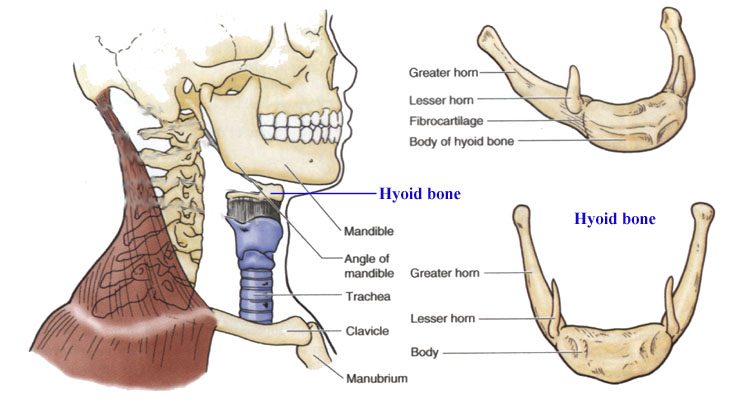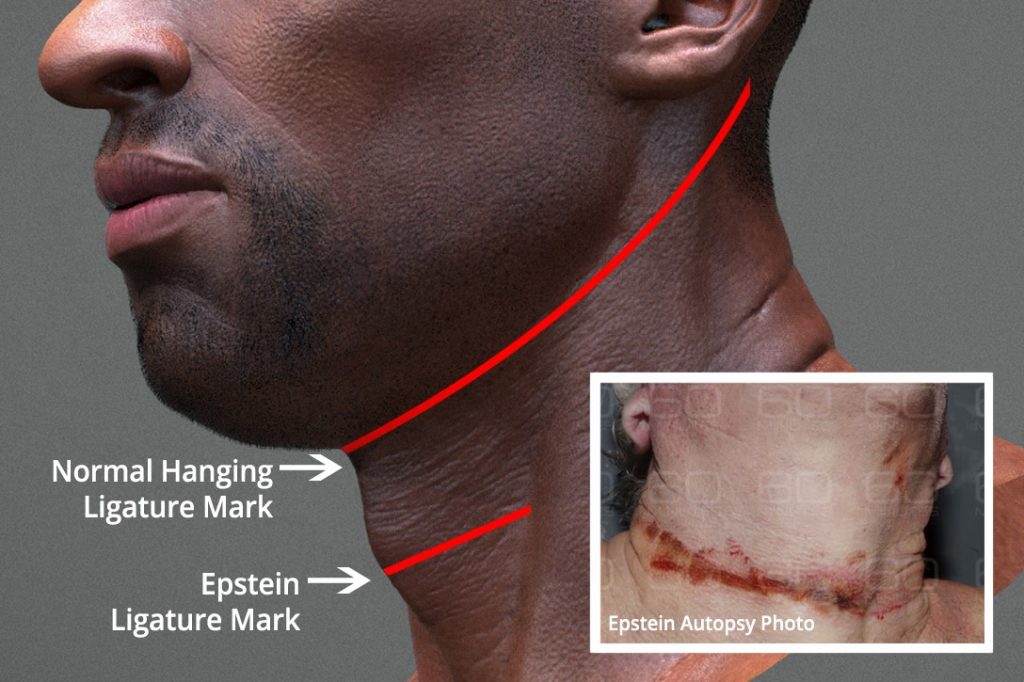Agent K
Senior Member
The other problem is that the plea deal actually has a lot of legal baggage attached to it that would have had to have been settled in court and that may not have turned out in Mr. Epstein's favor.
Acosta's sweetheart deal also has conspiracy theories attached, since Acosta told the Trump transition team that he was told that "Epstein ‘belonged to intelligence’ and to leave it alone.”
https://www.thedailybeast.com/jeffrey-epsteins-sick-story-played-out-for-years-in-plain-sight
When he was asked about it, Acosta responded with a non-denial denial.Acosta had explained, breezily, apparently, that back in the day he’d had just one meeting on the Epstein case. He’d cut the non-prosecution deal with one of Epstein’s attorneys because he had “been told” to back off, that Epstein was above his pay grade. “I was told Epstein ‘belonged to intelligence’ and to leave it alone,” he told his interviewers in the Trump transition, who evidently thought that was a sufficient answer and went ahead and hired Acosta.
"It Sure Looks Like Jeffrey Epstein Was a Spy—But Whose?"
https://observer.com/2019/07/jeffrey-epstein-spy-intelligence-work/
"Jeffrey Epstein and Ghislaine Maxwell 'boasted of collecting compromising material on the rich and famous'"The intelligence issue came up, and Acosta’s response was bizarre. He punted on setting the record straight, instead proffering this strange word salad when asked about Ward’s reporting:
So there has been reporting to that effect and let me say, there’s been reporting to a lot of effects in this case, not just now but over the years and, again, I would hesitant to take this reporting as fact. This was a case that was brought by our office, it was brought based on the facts and I look at the reporting and others, I can’t address it directly because of our guidelines, but I can tell you that a lot of reporting is going down rabbit holes.
To anyone acquainted with our nation’s capital, that’s a non-denial denial of an epic kind. Given the chance to refute Ward’s report, specifically that the Epstein case involved intelligence matters, Acosta did nothing of the sort. Indeed, he functionally admitted that it’s true...
It seems awfully coincidental that Epstein’s best pal and business partner for decades has been Ghislaine Maxwell, the British socialite and daughter of the late Robert Maxwell, the media mogul who died under mysterious circumstances in 1991. Something of a Bond villain turned real life, Maxwell loved the limelight, despite being a swindler and a spy. British counterintelligence assessed that Maxwell was working for the KGB, while pervasive allegations that he was working for Mossad too are equally plausible...
What’s not in doubt is that a sex trafficking ring centered on minors, which involved numerous global VIPs in compromising situations, would be of high interest to quite a few intelligence services.
https://www.telegraph.co.uk/news/20...aine-maxwell-boasted-collecting-compromising/
Jeffrey Epstein boasted about having compromising material on “an astonishing number” of rich and famous people, it has been claimed, while his British confidante Ghislaine Maxwell reportedly told friends that she and Epstein were videotaping everyone who visited Epstein’s private island in the Caribbean.



